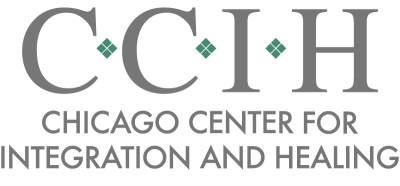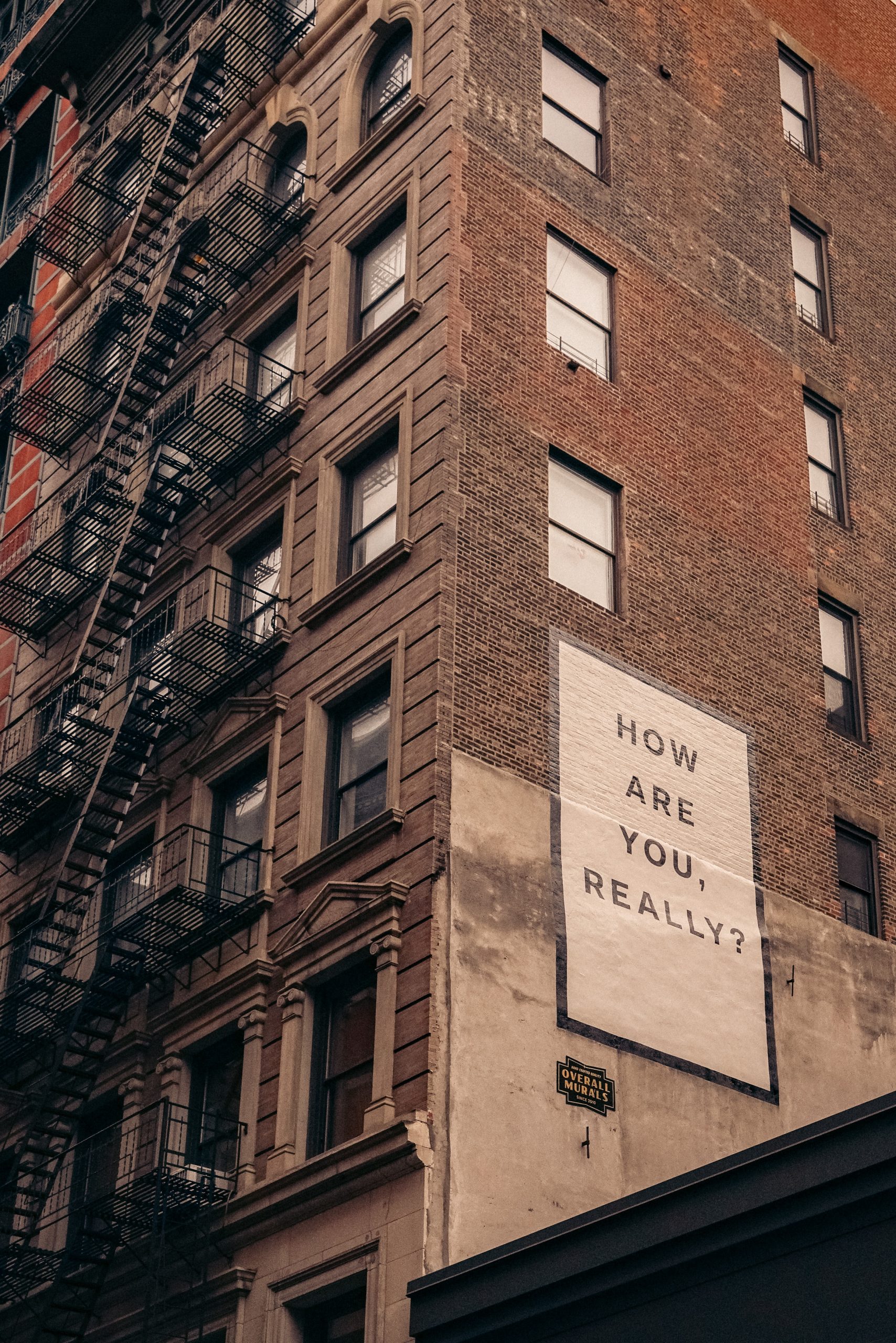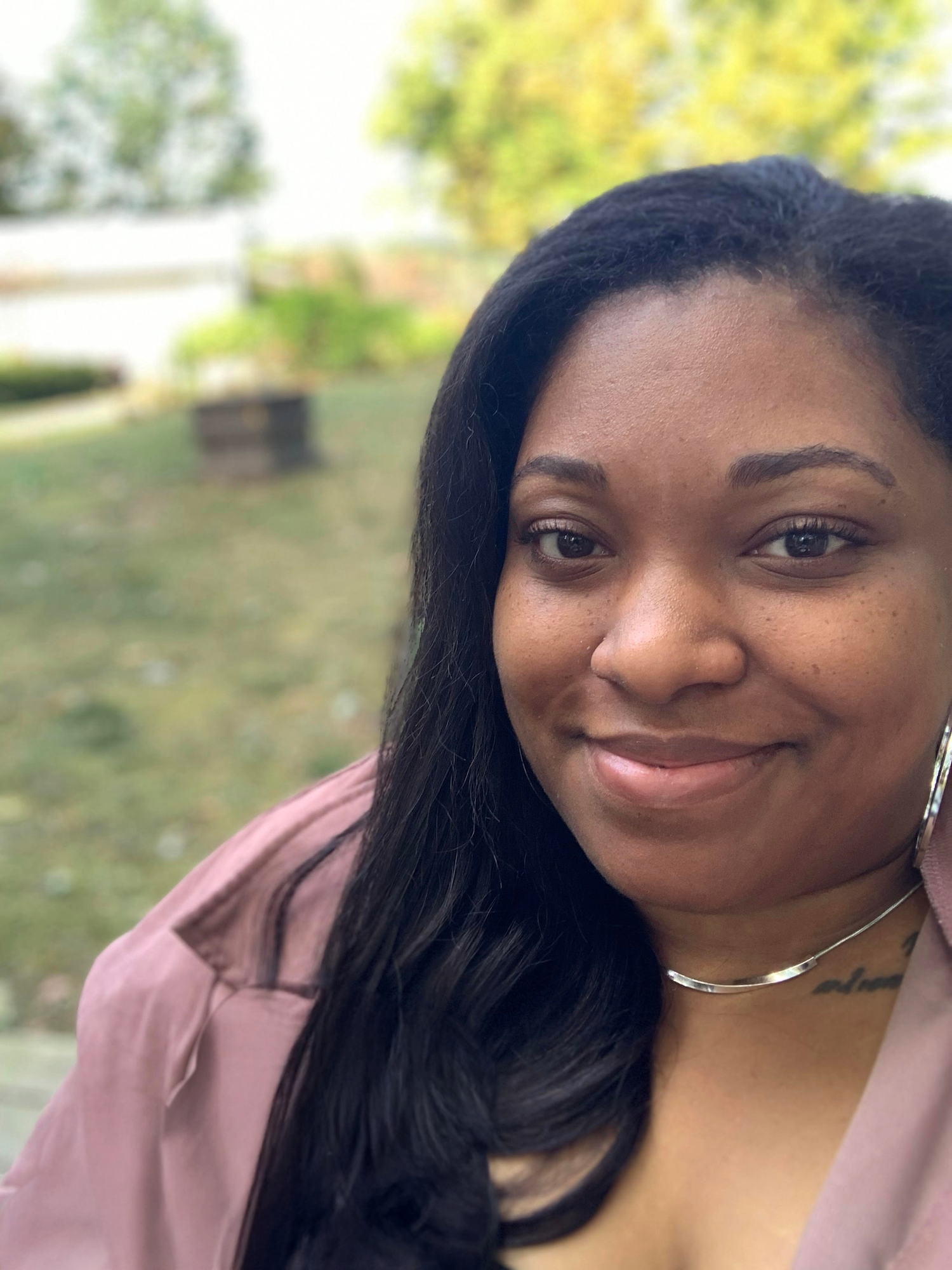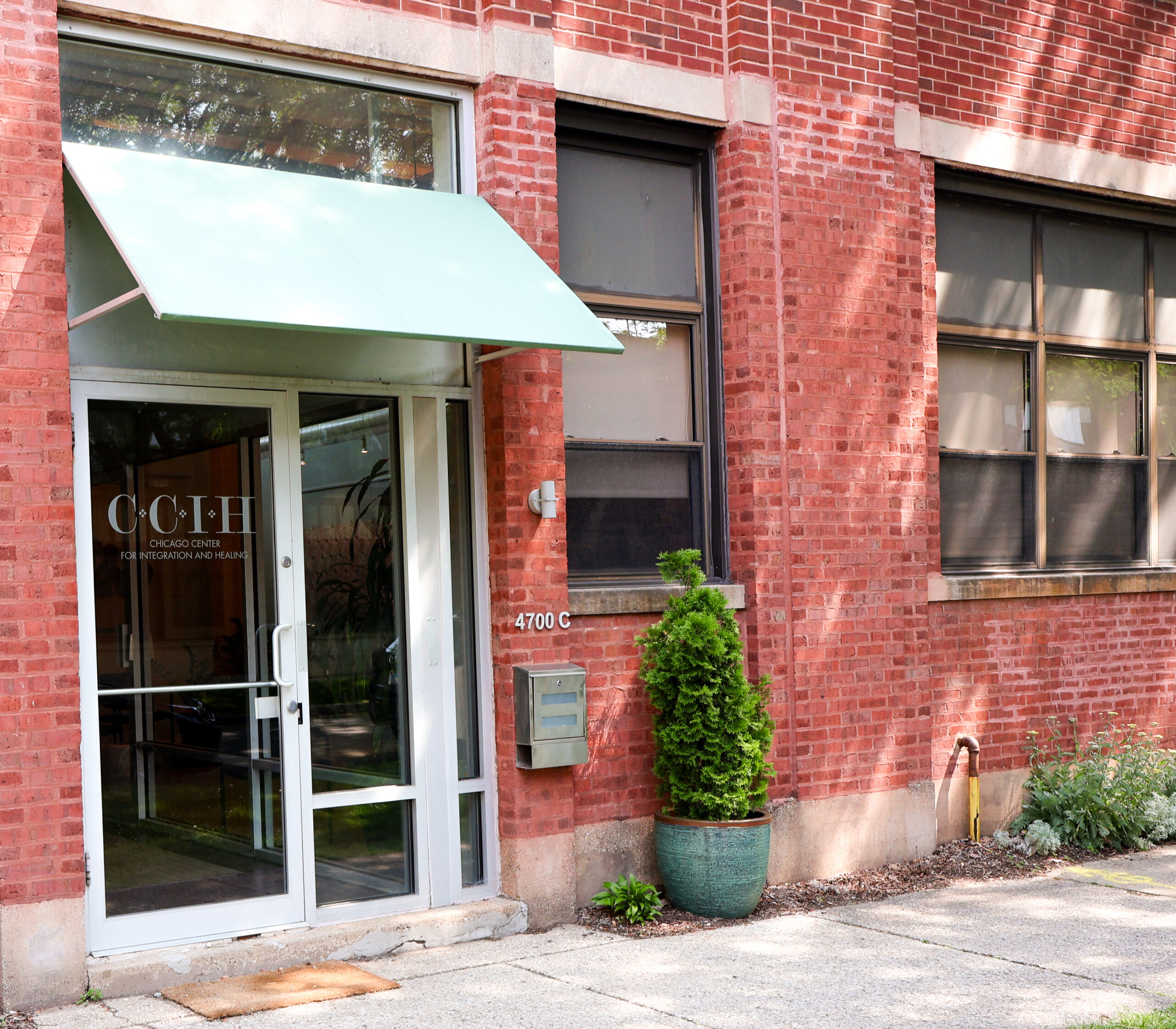As a therapist to clients during an unprecedented time, a worldwide pandemic, a modern civil rights movement, an intensely divided political climate, I have a unique privilege to witness and be with individuals as they process and endure through these times. It’s led me to notice a thematic trend amongst my clients, and myself. A rise in our inner critic.
The inner critic is referring to the voice in our head that says “I’m no good,” “I’m too much,” “I’m not enough.” For some of us, we may have internalized it through something said directly to us or maybe we inferred it to make sense of experiences where our caregivers, who we are meant to trust and rely on, were not available or attuned to our needs. Either way, that voice developed to help us feel okay. For example, if I tell myself I am ‘too much’ based off explicit or implicit messages, I can make my needs small as to not overwhelm my caregiver, and thus maintain the safety and security in the connection. The inner critic is protective, the intention is to help – to feel okay, to maintain connection to our caregiver, to be perfect and make no mistakes, to be loved, accepted and understood.
Thus, when in times of stress, as we are currently in, the inner critic part within us can be activated and speak up louder and more frequently. Now, while we acknowledge the intentions can be protective, as you may imagine, those critical thoughts and feelings can leave us feeling anxious, depressed, defeated, and ashamed.
So what do we do? Notice the inner critic, and hold it tenderly to honor the deep place it comes from. We must acknowledge its intention as good and protective, and get curious with our emotions and what is coming up, so we can respond from an attuned, compassionate, and intentional place. The place that remembers ‘we are in unprecedented times’ and honors our humanity – the fear, the pain, the isolation, and the need for compassion and connection.









